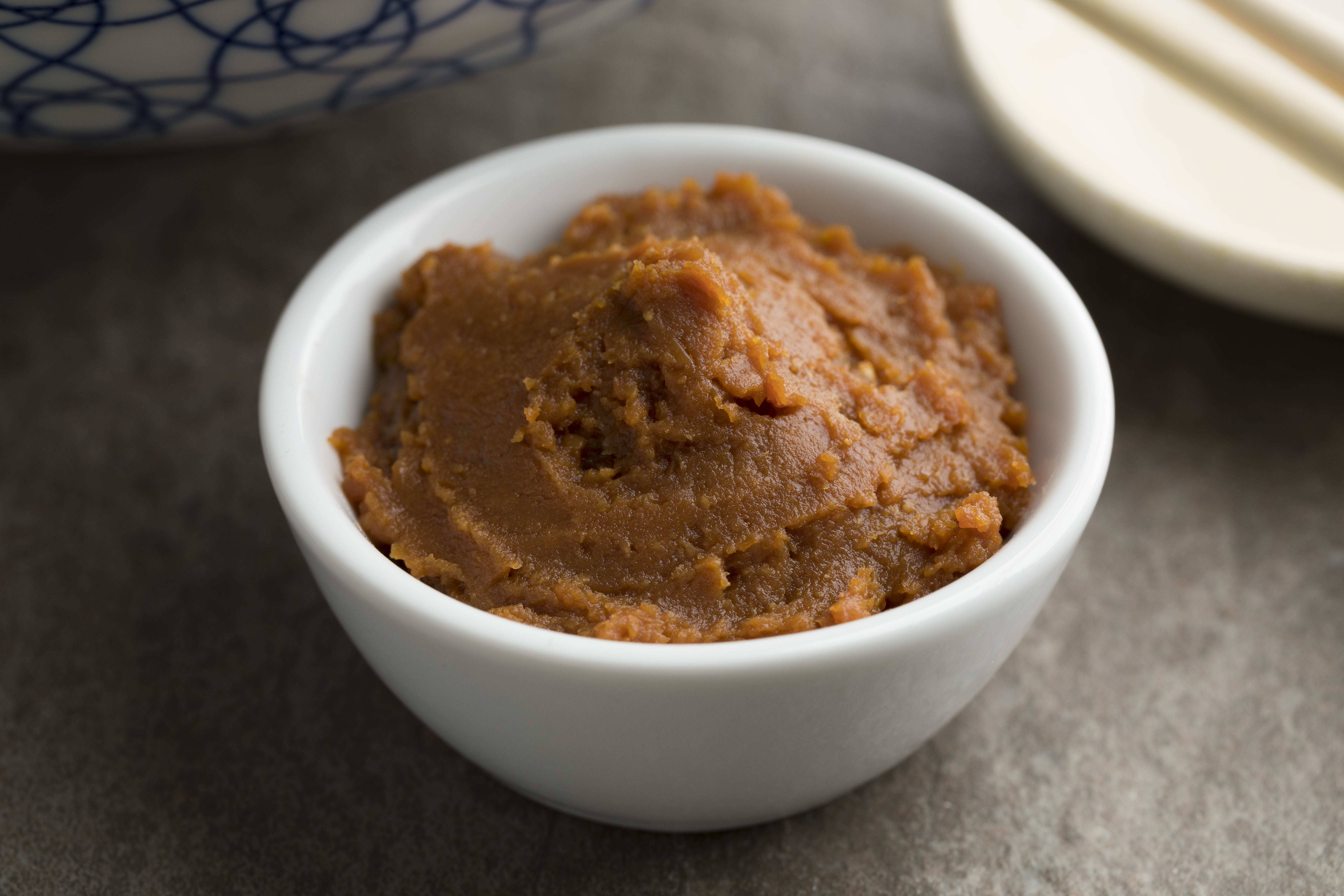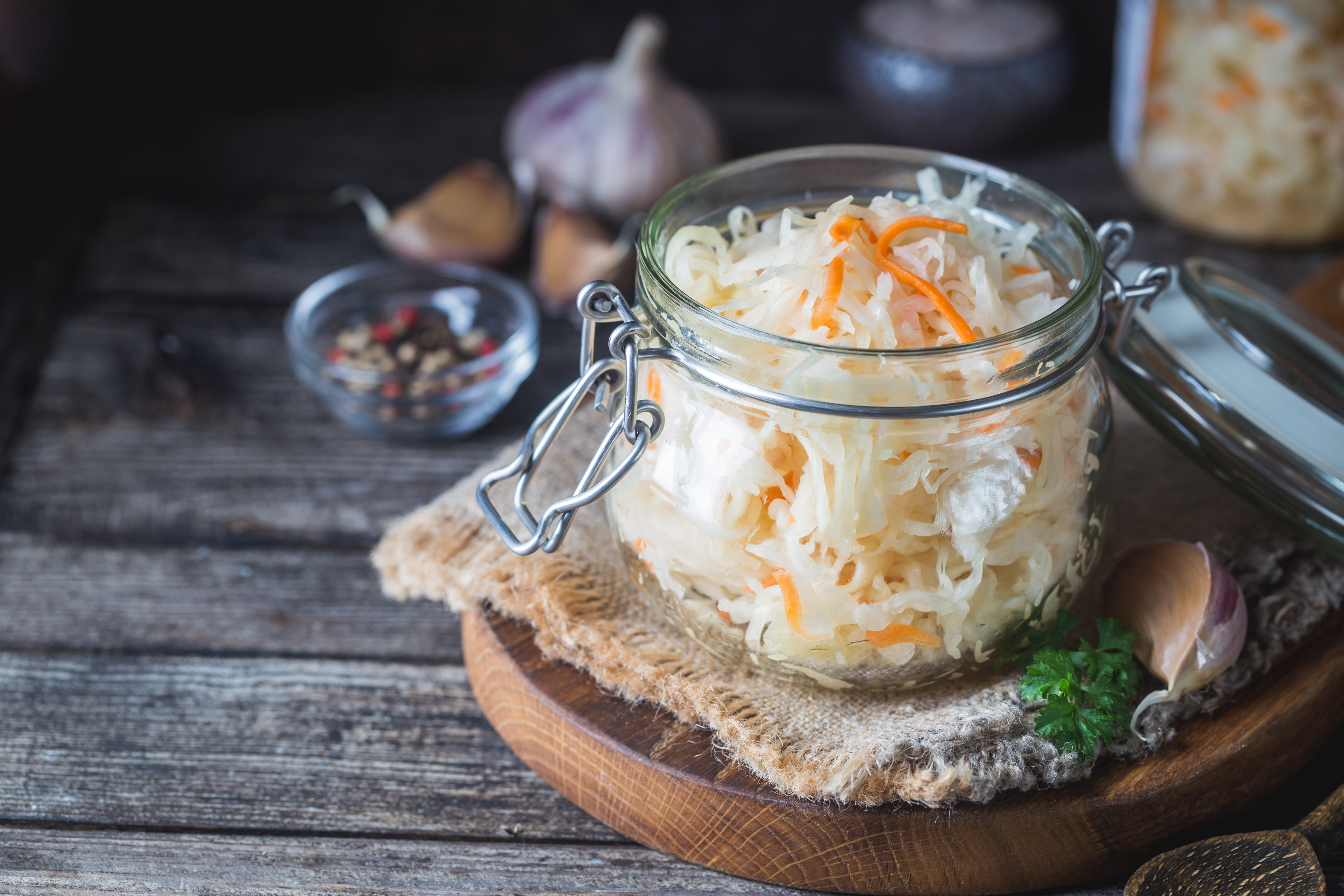Beyond Kimchi & Kefir Intriguing Ferments That Boost Your Gut Health
3. Miso: Beyond the Soup Bowl

Miso, a fermented soybean paste, is a staple in Japanese cuisine known for its savory depth and complexity. While miso soup is the most common use, this versatile paste has much more to offer. Miso is made by fermenting soybeans with salt and koji, a type of mold, and can range in flavor from sweet and mild to rich and robust, depending on the fermentation duration. Its umami-rich profile makes it an excellent seasoning for marinades, dressings, and glazes, adding a burst of flavor to meat, fish, and vegetables. Beyond its culinary applications, miso is packed with beneficial bacteria that support gut health and boost the immune system. Incorporating miso into your cooking not only enhances your dishes but also provides a nutritious boost, making it a must-have ingredient in any kitchen.
4. Sauerkraut: The European Classic

Sauerkraut, a fermented cabbage dish, has been a staple in Central and Eastern European cuisine for centuries. This tangy, crunchy condiment is created by fermenting finely shredded cabbage with lactic acid bacteria, resulting in a dish that is both delicious and nutritious. Rich in vitamins C and K, sauerkraut is also a good source of fiber and probiotics, which promote digestive health and strengthen the immune system. Its sharp, slightly sour flavor pairs well with a variety of dishes, from sausages and sandwiches to salads and soups. Beyond its traditional uses, sauerkraut can be a delightful addition to modern culinary creations, adding a zesty kick and a nutritional boost. As more people seek to incorporate fermented foods into their diets, sauerkraut offers a familiar yet exciting option that bridges the gap between tradition and innovation.
